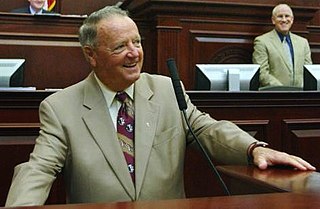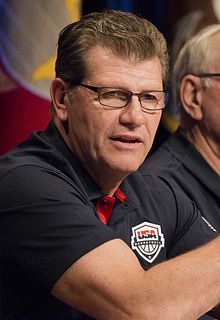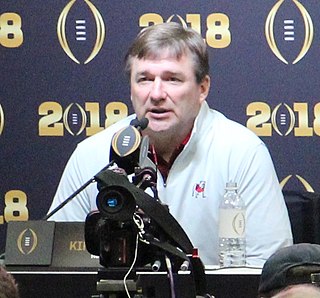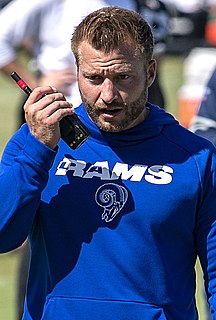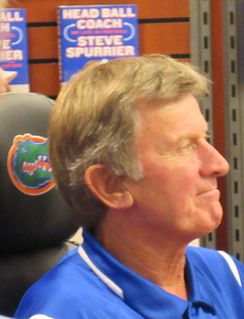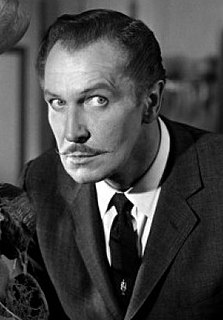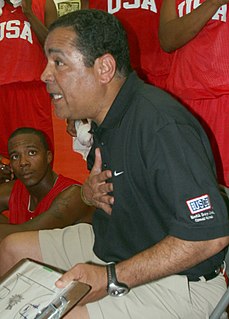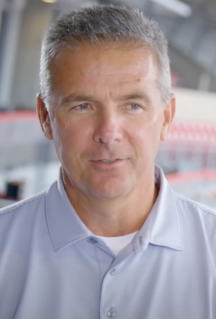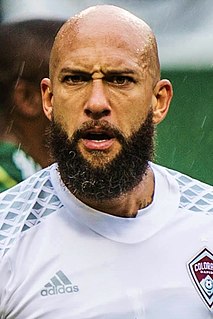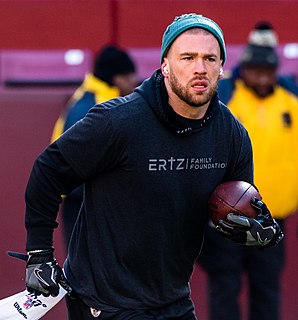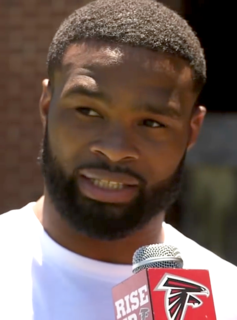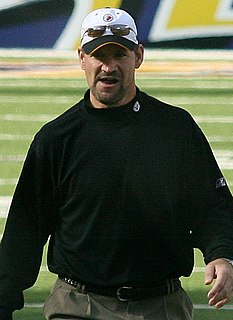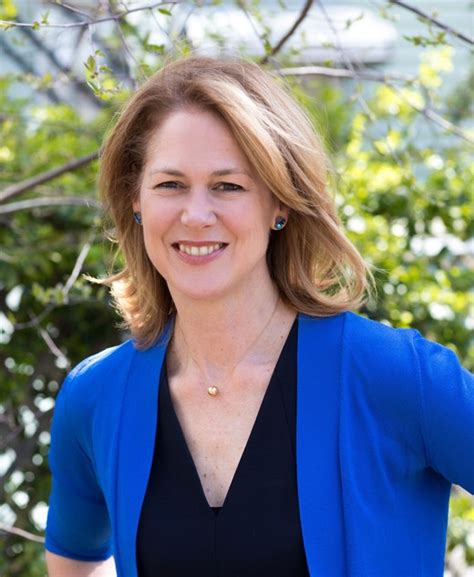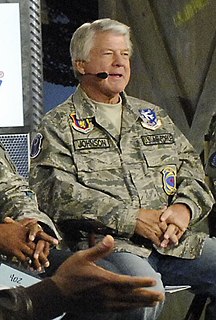A Quote by Bobby Bowden
The thing that drives most coaches out of coaching in college is they get tired of the grind of recruiting.
Related Quotes
If you are getting into coaching right out of college, you're not one of the coaches because you're not really, like, a coach yet. You're someone who's in limbo all the time. Navigating that is not easy. If you try to be too much like a player, then the coaches are like, You're not too serious about coaching. If you're going to be too much like a coach, the players are not going to confide in anything.
I was never educated to be an actor. I went to a regular college. It was a great thing for me because I feel that the main thing to get out of college is a thirst for knowledge. College should teach you how to be curious. Most people think that college is the end of education, but it isn't. The ceremony of giving you the diploma is called commencement. And that means you are fit to commence learning because you have learned hot to learn.
I remember when I was coaching down at Florida, we would always lose kids in recruiting battles to Clemson. I would tell my coaches that we shouldn't be losing kids to Clemson. Charlie Strong responded ‘coach have you ever actually been to Clemson?’ I hadn’t but I’ll tell you what, I’ve been here now and I get it. This is an exceptional, special place.
I think I have some ideas on coaching, but listen, coaches work harder than players. The hours they put in, the headaches that they have. That's the one thing I've never liked about coaching. They have all the emotion, passion and preparation without actually getting to be able to dictate what happens.
I went to many coaching clinics, talked to other coaches, read articles, books, etc. Anything I could do that would help me prepare to be the best coach possible. Fortunately, the coaches I had as a player were good men and were excellent role models in setting priorities and relating to the team members and coaching staff.
I've had a couple of people - prominent coaches - walk into an office, shut the door and say, 'What's it like, not coaching?' They're scared. They're scared not to have that. And I'll tell them, 'You know, it's different. You're not going to replace coaching. But there's some normality that's out there, and that's also kind of refreshing.'
Evaluation and coaching get tangled together. When this occurs, the noise of evaluation drowns out coaching efforts. Think of this like a term paper. When you get your assignment grade back (evaluation) you tend to tune out the professor notes in the margins (coaching) if the grade is higher or lower than expected.
